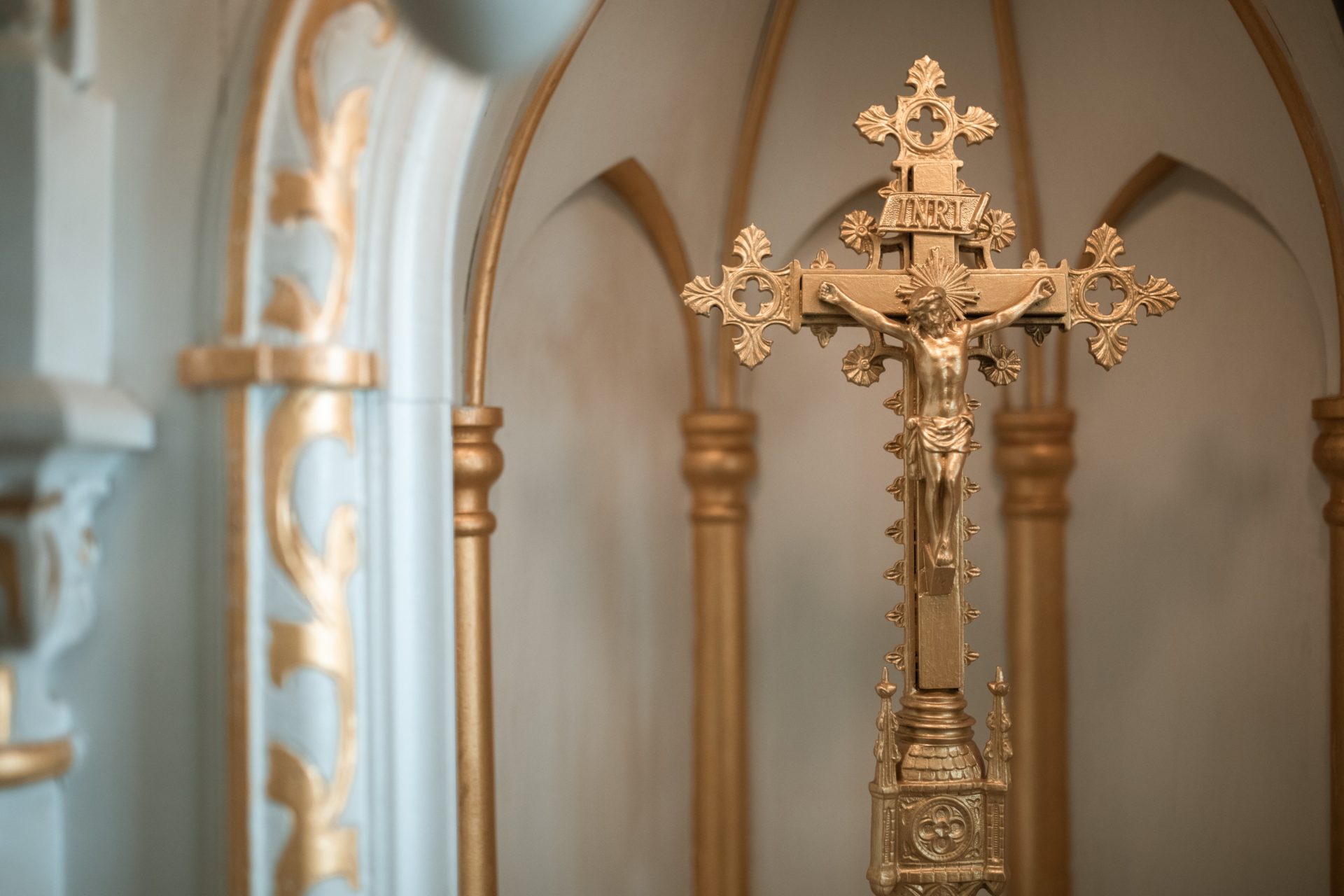Thursday of the Second Week of Lent
Reading 1 Jer 17:5-10
Responsorial Psalm 1:1-2, 3, 4 and 6
Gospel Lk 16:19-31
Today’s readings point to what biblical scholars sometimes refer to as the “two ways” doctrine of Scripture: the way of selfishness that leads to perdition and the way of holiness that leads to life. It is the way of the rich man versus the way of Lazarus.
In the first reading from Jeremiah, we see a mirror image of Psalm 1. Dr. John Bergsma in his book Psalm Basics for Catholics points out that this first psalm sets the tone for the entire Psalter with its emphasis on what it means to be a righteous man. Notice first the different gradations of sin that are described: following the wicked, walking with sinners, sitting in the company of the insolent. Each kind of association is worse than the one before, yet the blessed man avoids all of these. How does he do this? By delighting in God’s law and meditating on it day and night.
And yet, it is intriguing that we receive this recommendation not in one of the books of the law, such as Leviticus or Numbers, but rather at the very beginning of the Book of Psalms. It is almost as if King David, the traditional author of the Psalms, is telling us that true meditation on God’s law is found through prayer and worship, which is what the essence of the psalms is all about. It is when we fail in these daily practices of prayer and worship that we risk turning in on ourselves. Like the rich man in the Gospel, our consciences become dulled, and our moral senses are dimmed. Blessed is the man planted beside the running waters, whose roots reach to the stream!
Do I conduct a daily examination of conscience every night before going to sleep?
If not, how soon can I begin this practice? If yes, is there anything I can do to make it deeper and more meaningful?
Examination of Conscience for Young Adults:
Examination of Conscience for Single People:


No responses yet